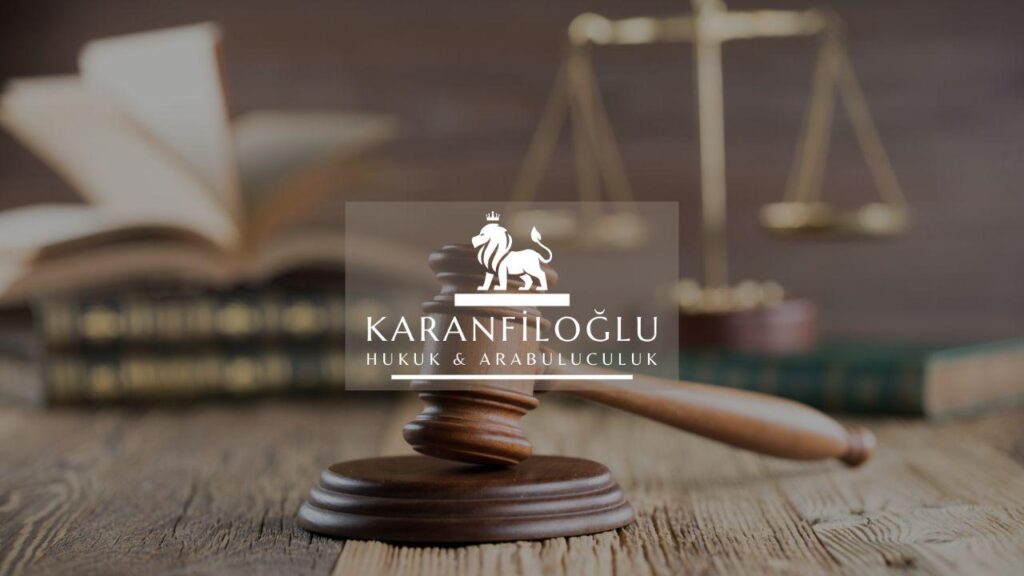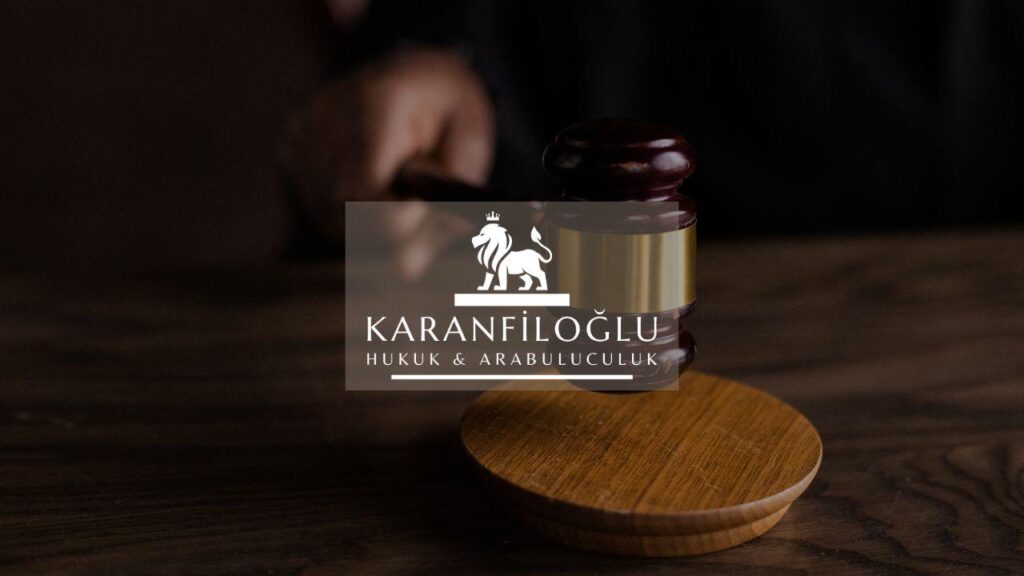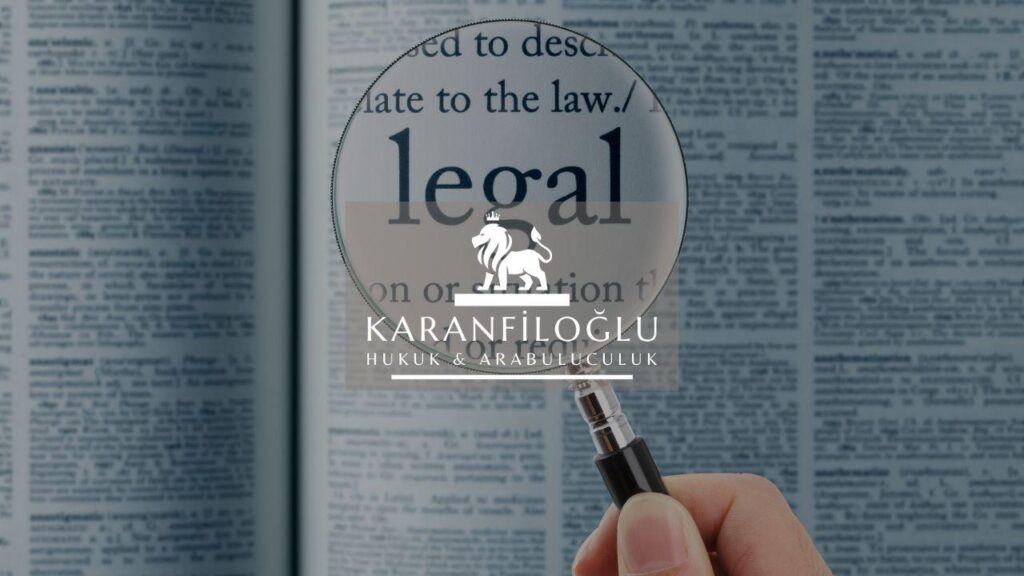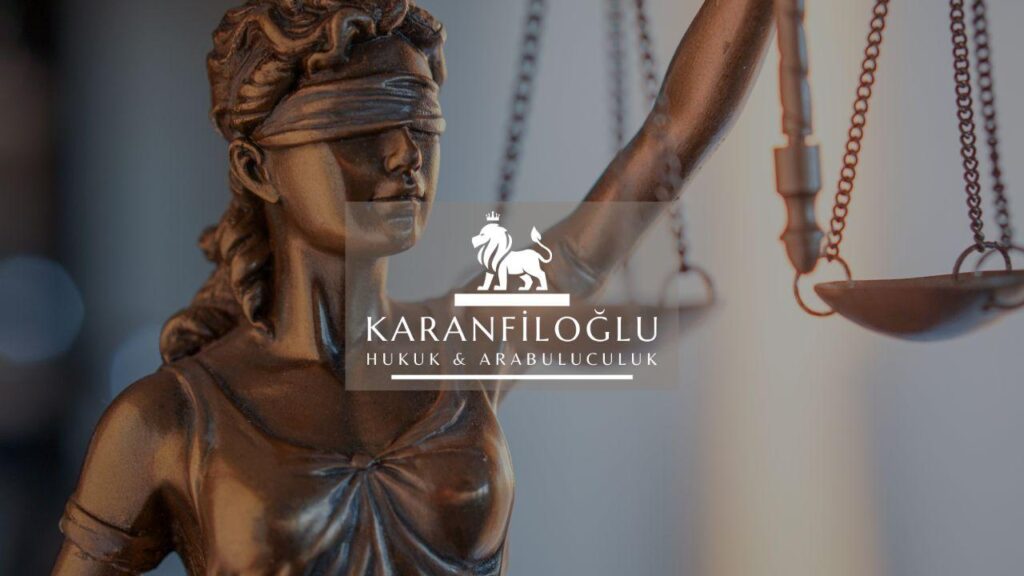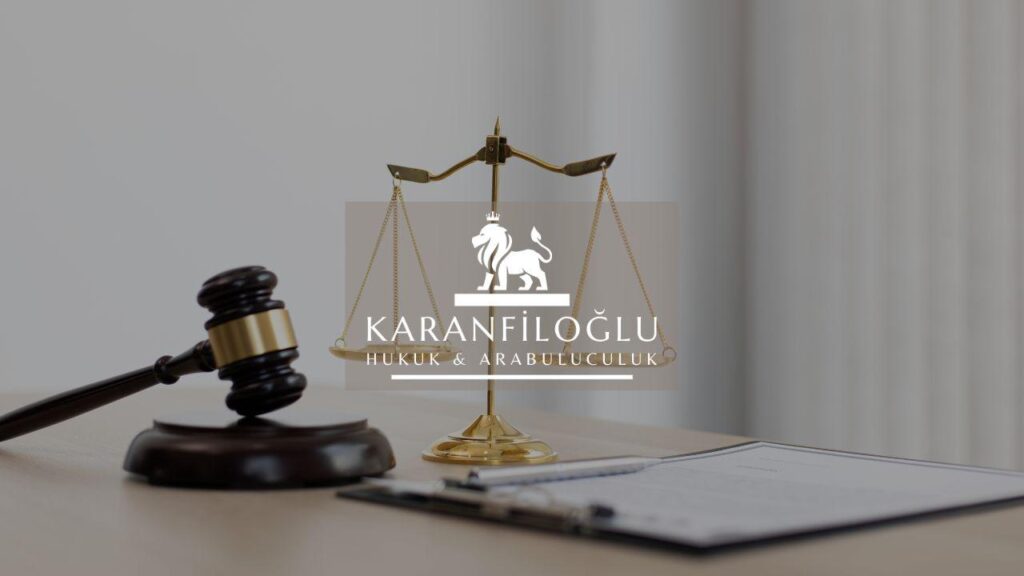In the dynamic and often complex realm of resolving legal disputes in Turkey, parties are frequently confronted with the pivotal choice between mediation and litigation. Each avenue has distinctive advantages and pitfalls, making this decision critical in determining the outcome and efficiency of dispute resolution. Article 253 of the Turkish Code of Civil Procedure highlights litigation as a formal process that often guarantees a definitive judgment by the court. However, mediation, governed by the Law on Mediation in Civil Disputes (No. 6325), presents a more amicable and cost-effective alternative, promoting mutual agreement outside of court through a neutral mediator. The choice between these methods hinges on various factors such as cost, time, and desired level of formality. At Karanfiloglu Law Office, we specialize in navigating these options, ensuring our clients receive comprehensive counsel to align with their unique needs and legal considerations, ultimately driving towards a satisfactory resolution.
Understanding Mediation and Litigation: Key Differences
Mediation and litigation differ fundamentally in their approach and execution when addressing legal disputes in Turkey. Mediation, under the Law on Mediation in Civil Disputes (No. 6325), offers a consensual resolution framework where an impartial mediator facilitates dialogue between parties to reach a voluntary settlement. This process is informal, flexible, and typically quicker and less costly, providing parties with more control over the outcome. On the other hand, litigation, delineated in Article 253 of the Turkish Code of Civil Procedure, involves a structured, formal process where a judge evaluates evidence, applies the relevant law, and issues a binding judgment. This procedure is often lengthier and more expensive but can be necessary when parties require authoritative enforcement or have contentious relationships that inhibit mutual agreement. The Karanfiloglu Law Office understands these nuanced processes and stands ready to guide clients through the complexities of mediation and litigation to achieve the best resolution for their disputes.
When deciding between mediation and litigation, assessing the nature of the dispute is crucial. Mediation may be particularly suitable for disputes where ongoing relationships between parties are valued, such as in family or commercial matters, as it encourages cooperation and communication. The confidentiality of mediation, emphasized under Article 3 of Law No. 6325, also allows parties to address sensitive issues without public disclosure. Conversely, litigation might be more appropriate for disputes with significant legal implications or where a legal precedent is sought, ensuring definitive legal resolution under the Turkish Code of Civil Procedure. This is especially relevant in cases where the law requires a court’s involvement, such as those involving public policy or substantial financial claims. At Karanfiloglu Law Office, we thoroughly evaluate your case to guide you towards the most strategically advantageous method of dispute resolution, whether it be fostering a negotiated agreement or litigating for a judicial determination.
Ultimately, the decision between mediation and litigation involves a delicate balance of these factors. At Karanfiloglu Law Office, our expertise lies in carefully analyzing the unique aspects of each case, weighing them against the desired outcomes and potential ramifications. Many clients appreciate that mediation, being a voluntary process under Article 4 of Law No. 6325, can provide a more personalized approach to resolving disputes, often preserving relationships and minimizing stress. However, when a more formal determination is required or where parties face complexities that extend beyond negotiation capacities, litigation, with its clear-cut, enforceable judgments, becomes indispensable. As your trusted legal advisor in Turkey, we provide tailored guidance through these processes, ensuring that your rights are protected and that the most effective strategy is employed to resolve your dispute efficiently and favorably.
Advantages and Disadvantages of Mediation and Litigation
Mediation in Turkey offers a range of advantages, notably its flexibility and efficiency. Governed by the Law on Mediation in Civil Disputes (No. 6325), this process enables parties to maintain control over the outcome, fostering collaborative solutions in a less adversarial environment. Mediation’s informal nature often results in faster resolutions compared to litigation, which is subject to procedural limitations under Article 253 of the Turkish Code of Civil Procedure. Moreover, mediation can be more cost-effective, sidestepping the higher legal fees and extended court timelines typical in litigation. However, the effectiveness of mediation is contingent upon both parties’ willingness to compromise. Without a party’s commitment, reaching a mutually beneficial agreement can be challenging, sometimes leaving disputes unresolved. Conversely, litigation, although more time-consuming and costly, provides a binding decision enforceable by law, offering a resolution in cases where parties cannot reach an agreement on their own.
Litigation, while often perceived as the more traditional route, carries its own set of advantages and disadvantages in the Turkish legal landscape. Under Article 253 of the Turkish Code of Civil Procedure, litigation provides a structured and formal framework, ensuring that cases are decided based on legal rights and obligations, which can be crucial in disputes involving complex legal issues or significant power imbalances between parties. However, this formality can also translate into prolonged timelines, as cases are subject to court schedules, potentially leading to substantial delays in reaching a resolution. Additionally, the adversarial nature of litigation may escalate tensions between the parties, further complicating ongoing personal or business relationships. Financially, the costs associated with litigation, including court fees and attorney fees, can be burdensome, especially with the possibility of appeals extending the process. At Karanfiloglu Law Office, our expertise in both mediation and litigation ensures that clients are equipped with the necessary insights to choose the most suitable path for their specific situation.
Ultimately, the decision between mediation and litigation in Turkey depends on the specific circumstances and priorities of the involved parties. For clients seeking expedited and private resolutions, mediation under Law No. 6325 offers an attractive path, particularly for those willing to engage collaboratively towards a mutually satisfactory outcome. On the other hand, for disputes requiring a definitive legal judgment or involving complex legal principles, litigation under Article 253 may be more appropriate, as it provides a structured, rights-based resolution with enforceable outcomes. At Karanfiloglu Law Office, we guide our clients through these considerations, offering tailored advice to align their legal strategy with their unique dispute resolution needs. By weighing factors such as privacy, cost, time, and the intricacies of the legal issue, we help clients make informed decisions, aiming to optimize their legal journey towards a favorable and efficient resolution.
Factors to Consider When Choosing Between Mediation and Litigation
When determining whether to pursue mediation or litigation in Turkey, one fundamental factor to consider is the complexity and nature of the dispute. Mediation, under the Law on Mediation in Civil Disputes (No. 6325), is ideally suited for conflicts where parties are interested in maintaining a relationship or where confidentiality is crucial, as it offers a more private forum and emphasizes collaboration and mutual understanding. On the other hand, litigation, governed by Article 118 and beyond of the Turkish Code of Civil Procedure, is often necessary for more complex or highly contentious disputes that require a legally binding resolution or where public record is essential. Engaging specialized legal counsel, such as that provided by Karanfiloglu Law Office, can help decipher the intricacies of each process, ensuring that the method chosen aligns with the specific requirements of the case, thereby optimizing the path to a favorable outcome.
Another crucial consideration is the cost and duration associated with each method. Mediation generally offers a more expedient route to dispute resolution; research suggests mediations often conclude within a few sessions, thus saving both time and resources. This aspect is particularly beneficial under the Law on Mediation in Civil Disputes (No. 6325), given its procedural efficiency and lower expenses compared to the potentially lengthy and costly litigation process dictated by the Turkish Code of Civil Procedure. Litigation, encompassing several stages from the initial court filing through to potential appeals, can extend over months or even years with accumulating legal fees. However, for those cases where legal precedents or court-enforced decisions are required, litigation remains indispensable. Engaging with experienced legal advisers, such as Karanfiloglu Law Office, can provide detailed insights into balancing these financial and temporal considerations, ensuring the chosen dispute resolution path aligns with both parties’ fiscal and strategic objectives.
A further aspect to consider is the level of control and outcome predictability each method affords the parties involved. In mediation, participants retain significant control over the outcome, negotiating terms that can lead to creative and flexible solutions tailored to the specific needs of both parties. The process fosters an environment of open communication, allowing for a mutually satisfactory settlement. Conversely, litigation places the resolution in the hands of the judicial system, where judges or juries determine the outcome based on the merits of the case and applicable law, including the regulations outlined in Article 187 of the Turkish Code of Civil Procedure. This can result in a more predictable, yet rigid, conclusion that may not address all the nuances of the parties’ needs. Clients seeking tailored solutions with an emphasis on collaboration often find mediation appealing, while those seeking a definitive, precedent-setting judgment may prefer the structured nature of litigation. Consulting with the adept team at Karanfiloglu Law Office ensures that your choice aligns with the desired level of control and predictability, while also safeguarding your legal interests.
Disclaimer: This article is for general informational purposes only and you are strongly advised to consult a legal professional to evaluate your personal situation. No liability is accepted that may arise from the use of the information in this article.

